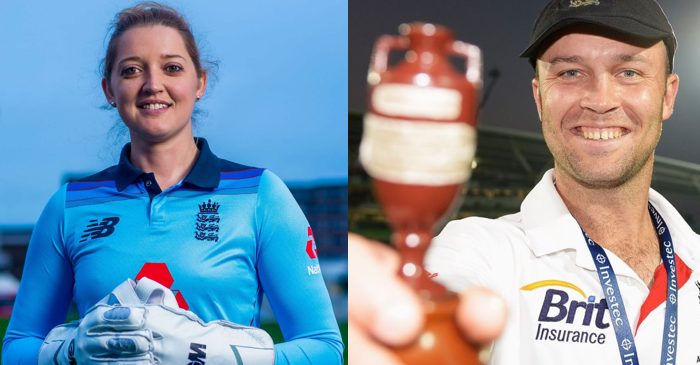The gentlemen’s game over the decades has witnessed a paradigm shift in competitiveness, especially with the onset of limited-overs cricket.
The cricketers are subjected to intense pressure situations as well as a gruelling schedule with travelling. Some players also deal with homesickness as well as mental fatigue.
Also, there were certain taboos attached to the unwellness in the past years. But in recent years, the issue has received a lot of attention and acknowledgement as a severe ailment.
Today, let’s have a look at the five international cricketers who quit international cricket citing mental health disorders.
1.) Marcus Trescothick
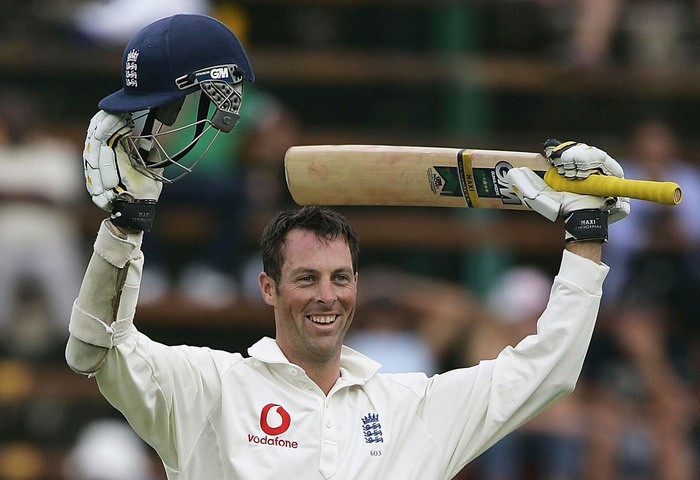
England boasted an explosive opener in the form of Marcus Trescothick, whose career span was cut short due to mental fatigue and depression.
Trescothick, in tandem with Nick Knight, formed a dynamic opening partnership for the Three lions. At the peak of his career, aged 32, Trescothick had the urge to go back home during the 2006 India tour.
Later that year, Trescothick announced his retirement from the game, revealing he was coping with depression.
“The depression’s not over. I’m not ‘cured’. I have good days and bad days, but when the bad days come, I feel them coming, and I know how to act,” The Telegraph quoted Trescothick.
2.) David Bairstow
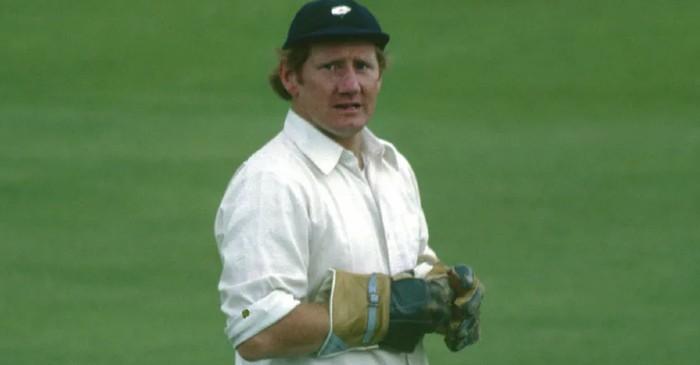
Bairstow, who played 25 internationals in the late 90s, also underwent mental stress and issues, which was initiated post-illness of his wife, Janet.
The wicket-keeper went on to accumulate several financial issues, along with drinking and driving charges in 1997.
3.) Jonathan Trott
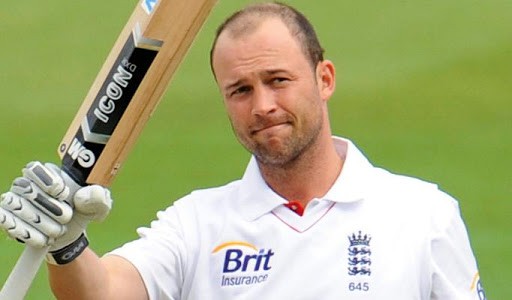
In Jonathan Trott, England found a reliable number three batsman who notched up some memorable tons in his career.
However, it all changed with the 2013 Ashes series Down Under, where Mitchell Johnson ripped apart England’s batting lineup with a barrage of vicious bouncers.
After being hit by Johnson, Trott decided to leave the tour abruptly and announced his retirement from the game due to a “long-standing stress-related condition”.
Although he played County Cricket for Warwickshire, in 2018 he called it quits citing anxiety disorder.
“Just coming down to breakfast, I’d sit on my own away from the guys with my cap over my head because I didn’t know how I was going to react to having to go to the cricket ground again. I was waking up looking at the clock hoping the clock had stopped, or that a pylon had fallen on the field and the game had been cancelled, or the stadium had collapsed – as long as there was no one in it, of course. You end up thinking of all sorts of ways you wouldn’t have to go to the ground,” Trott told The Independent.
4.) Andrew Flintoff
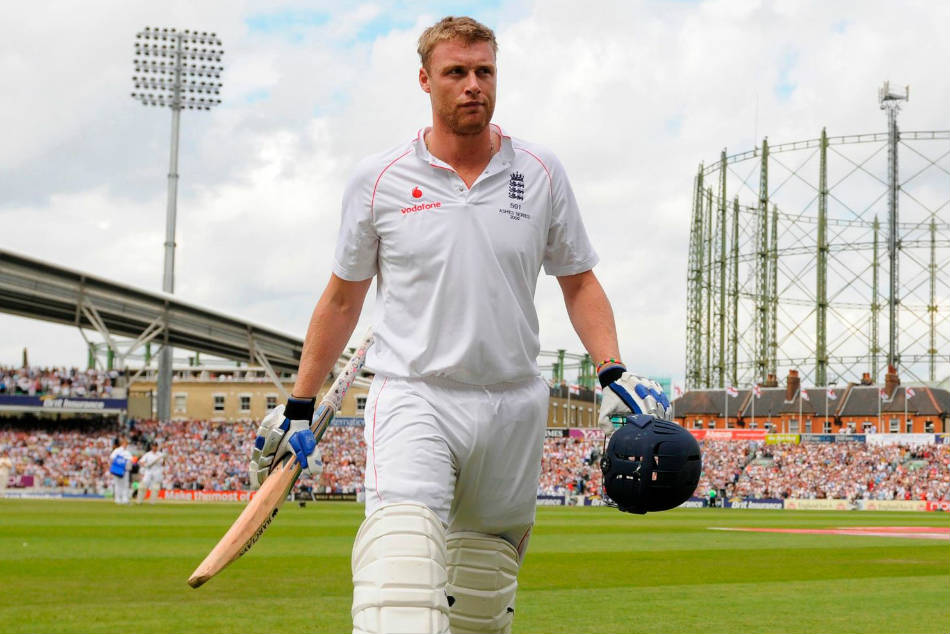
One of the biggest stars produced by England cricket in recent years, all-rounder Andrew Flintoff also battled through mental health issues which forced him to draw curtains to his international career in 2010.
Flintoff was the player of the series in the historic 2005 Ashes series. In the high-octane series, he contributed exceptionally in all departments.
However, their Ashes glory was short-lived as the English team suffered a whitewash Down Under in 2006-07 seven. The series had a hard effect on Flintoff as he resorted to drinking.
“I didn’t understand what was happening to me. I knew when I got back to my room I couldn’t shut off, which is why I started having a drink. It got to the stage where I was probably drinking more than I should,” Flintoff told the Guardian.
5.) Sarah Taylor

Another England cricketer who suffered mental health issues was wicketkeeper-batter Sarah Taylor, who won the 2017 Women’s World Cup at home.
Taylor was renowned for her lightning glovework and had 232 dismissals to her name. Also, she was amongst the top scorers in world cricket.
However, Taylor shocked the English cricket community after announcing her retirement from the game citing anxiety-related issues, which took a toll on her batting.
“This has been a tough decision but I know it’s the right one, for me and for my health moving forward,” Sarah Taylor said.” I can’t thank my teammates enough, both past and present, and the ECB for being supporters and friends along my journey. I am extremely proud of my career. I leave with my head held high and with excitement for what my future holds and what my next chapter brings,” Taylor said in her statement.
